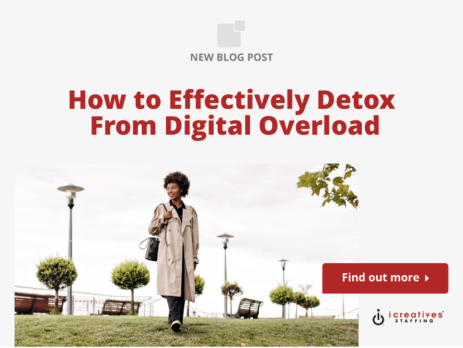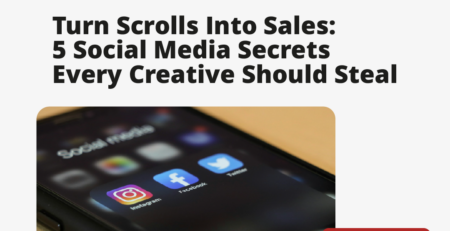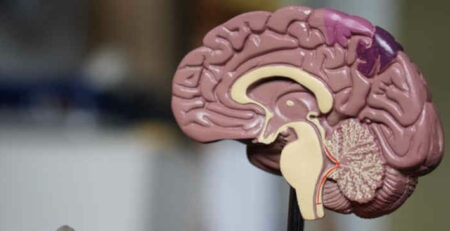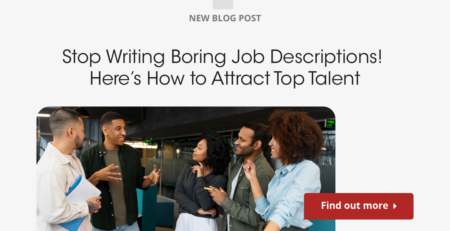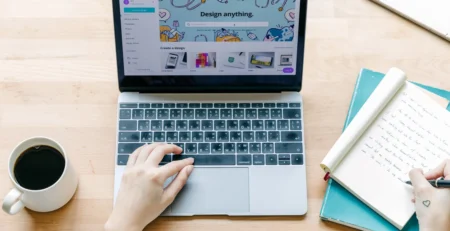How to Effectively Detox From Digital Overload
In today’s hyper-connected world, digital overload is becoming an increasingly common issue, affecting our mental health, productivity, and overall well-being. With the constant influx of emails, notifications, social media updates, and the pressure to stay digitally connected, it’s crucial to find effective ways to detox and regain control over our digital lives. This article explores practical strategies to manage and reduce digital overload, helping individuals to enhance their focus, improve mental health, and increase productivity.
Digital detox involves consciously reducing the time spent on digital devices such as smartphones, computers, and tablets. It is essential for maintaining a healthy balance between digital and real-life interactions. By setting clear boundaries and taking regular breaks from digital devices, individuals can mitigate the effects of digital overload, leading to a more balanced and fulfilling life.
The benefits of a digital detox are manifold. It can lead to better sleep, reduced anxiety, improved relationships, and heightened productivity. When we disconnect from digital devices, we give our minds the chance to reset and recharge, similar to how we feel refreshed after a good night’s sleep. This break can significantly boost our creativity and problem-solving skills, as it allows us to step back and see things from a new perspective.
However, embarking on a digital detox can be challenging, especially when our work and personal lives are intertwined with digital technologies. This guide will provide a roadmap to effectively manage digital consumption, including identifying triggers of digital overload, setting realistic goals for reducing screen time, and incorporating healthy habits into daily routines.
By understanding the importance of digital detox and implementing the strategies discussed herein, individuals can take proactive steps to improve their digital habits, leading to a healthier, more productive life. Let’s explore some of the most frequently asked questions about how to effectively detox from digital overload.
What is Digital Overload and Why is it Important to Manage it?
Digital overload refers to the stress or feeling of being overwhelmed resulting from the excessive use of digital devices and the constant bombardment of information they bring. This phenomenon can lead to decreased productivity, increased anxiety, and a general sense of being burnt out. Managing digital overload is crucial for maintaining mental health and ensuring a balanced lifestyle.
Excessive digital consumption can disrupt sleep patterns, reduce face-to-face interactions, and lead to poor time management. By understanding the signs of digital overload, such as constant fatigue, irritability, and a lack of concentration, individuals can take proactive steps to mitigate its effects. Strategies like setting specific times to check emails or social media, using apps to monitor screen time, and creating tech-free zones in the home can be effective.
For more insights on managing work-life balance in the digital age, consider reading about transforming marketing with freelance creatives.
How Can I Effectively Reduce My Screen Time?
Reducing screen time effectively requires a combination of self-discipline and practical strategies. Start by assessing how much time you currently spend on your devices and set realistic goals for reduction. Use tools like screen time tracking apps to get accurate insights into your habits and identify the most time-consuming activities.
Implementing specific strategies such as establishing no-phone zones, setting aside designated times to check emails and social media, and replacing digital activities with physical ones like reading a book or going for a walk can also help. Additionally, turning off non-essential notifications can reduce the urge to constantly check your phone.
For further reading on enhancing productivity, explore why you might be failing at hiring creative writers.

What are the Benefits of Reducing Digital Consumption?
Reducing digital consumption can significantly enhance your quality of life. Benefits include improved sleep quality, enhanced mental clarity, better relationships, and increased productivity. Less screen time also means more opportunities to engage in physical activity, which can improve physical health.
Psychologically, reducing digital consumption can decrease anxiety and stress levels, leading to a more content and balanced life. It also allows for deeper, more meaningful interactions with others, enhancing personal relationships and connectivity with the community.
To learn more about the impact of digital habits on mental health, check out what is behavioral design and why does it matter.
Can Digital Detox Improve Relationships?
Yes, digital detox can significantly improve relationships. By reducing the time spent on digital devices, individuals can be more present and attentive in their interactions with others. This presence can lead to deeper and more meaningful conversations, strengthening bonds with friends and family.
Setting boundaries for digital device use during family times, such as meals or outings, can help foster a sense of togetherness and encourage more direct communication. Additionally, participating in shared activities that don’t involve screens can further enhance relational dynamics.
For tips on improving professional relationships, you might find the ultimate checklist for recruiting award-winning photographers useful.
How Do I Start a Digital Detox if I am Always on My Phone for Work?
Starting a digital detox while needing to be available for work can be challenging but not impossible. Begin by defining clear boundaries for work-related device use. Schedule specific times for checking emails and messages and inform colleagues of your availability hours to manage expectations.
Utilize tools that help segregate work from personal digital activities, such as different devices or user profiles. This separation can help you maintain focus during work hours and fully disconnect during personal time. Additionally, make conscious efforts to take regular breaks from screens throughout the day to reduce eye strain and mental fatigue.
For more on managing professional digital use, see mastering job interviews: essential tips and answers to top questions.
Conclusion
Effectively detoxing from digital overload is essential for maintaining mental health, enhancing productivity, and improving personal relationships. By understanding the importance of managing digital consumption and implementing practical strategies to reduce screen time, individuals can achieve a healthier balance between their digital and real-life interactions.
As we continue to navigate a world where digital presence is inevitable, taking proactive steps to manage our digital habits is not just beneficial but necessary. The journey towards a healthier digital life starts with awareness and is sustained by the consistent application of the strategies discussed in this article.
For additional resources on managing digital overload and improving your digital habits, consider exploring transforming your brand with a director of packaging design and what American employers are looking for in your UX/UI portfolio.
In today’s competitive market, finding the right creative and marketing expert can be a challenge. But with icreatives, you’re in experienced hands. With 37 years in staffing and a track record of matching more than 10,000 employees to over 1,000 companies worldwide, we know how to connect you with the best. Plus, you only pay if you hire—there’s no risk, only results. Ready to find your perfect creative or marketing expert? HIRE WITH ICREATIVES today!

